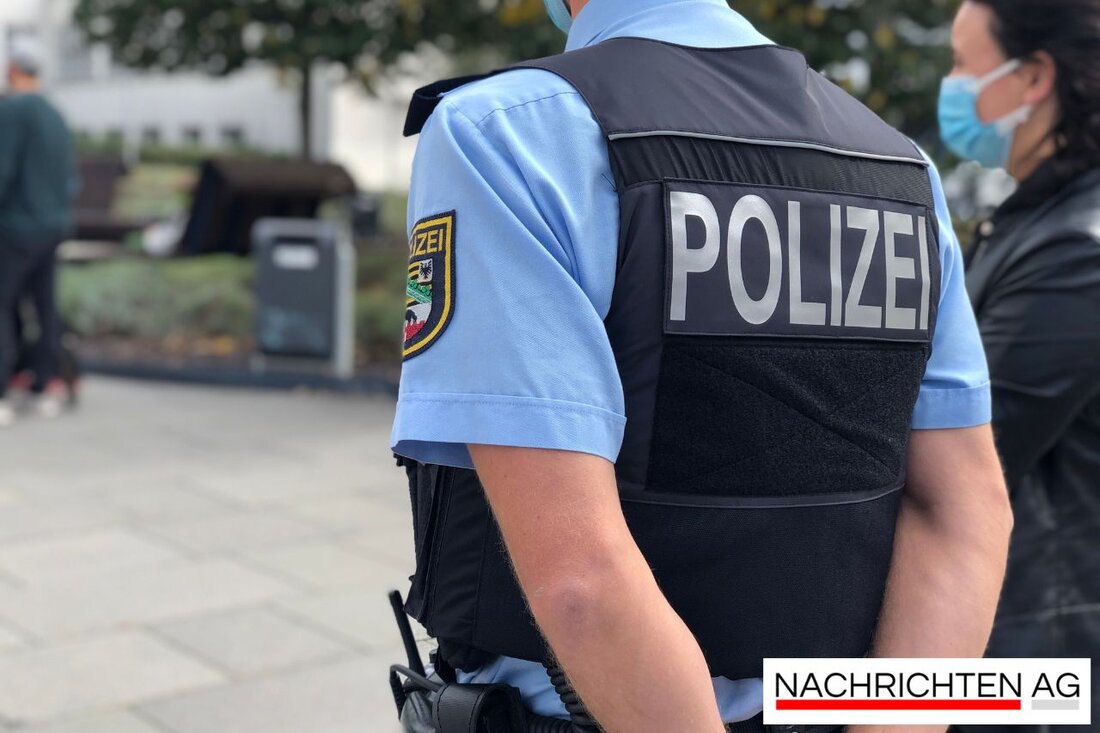Merz's controversial statements on migration: racism or just a play on words?
Chancellor Merz comments on migration and the “cityscape” in Potsdam – criticism of racist implications and normalization of extremist ideologies.

Merz's controversial statements on migration: racism or just a play on words?
In Potsdam, Chancellor Merz recently commented on migration policy and uttered a sentence that was met with great incomprehension and criticism. He called the alleged difficulties caused by migration “a problem in the cityscape”. This statement, according to many observers, could be interpreted as a subtle normalization of far-right ideologies, similar to the views promoted by the AfD. Merz's choice of words was not chosen at random, but should be viewed in the context of his past. He had previously caused a stir with statements such as those made by boys of Arab origin, whom he referred to as “little pashas”. This is seen as an alarming trend that dangerously pushes the boundaries of political discourse and brings with it racist undertones. Lindweiler reports that these statements not only represent a problem on the political stage, but also have a certain echo in society, which could encourage racism.
Merz's claim that the government has greatly reduced illegal immigration may sound positive at first glance, but the underlying implication that fewer people with non-white skin would reduce the "problem" in the cityscape is causing outrage. Critics find Merz's statement to be rude and hurtful towards those who are actively trying to integrate. In addition, reference is made to Article 3 of the Basic Law, which states that no one may be disadvantaged or favored because of gender, descent, race, language, origin, faith or political views. This norm, critics argue, may have been violated by Merz's statement. bpb points out the importance of such laws, which lay the foundation for a diverse and respectful society.
The role of the police and the social context
Another topic that is directly related to Merz's statements is the discussion about racism and discrimination in the police. In North Rhine-Westphalia, for example, there are repeated reports of racist discrimination, particularly in the context of identity checks. Racial profiling is often referred to here, a term that describes how people are often discriminated against because of their skin color or origin. The argument that certain groups are more likely to be viewed as potential criminals can be seen in both police work and political discourse. Loud Racism Monitor Racially marked people are more psychologically stressed, which is reflected in higher psychological stress levels.
The social impact of these perspectives should not be underestimated. There are differences in psychological stress within racially marked groups, with women in these groups being rated particularly highly. A slight increase in psychological distress over time underscores the importance of addressing these discriminations. While Merz certainly cannot be held responsible for the entire problem, his statements are part of a larger guide in a social framework that now more than ever needs a critical examination in order to meet all of these challenges. bpb calls for an approach that takes into account both the voices of those affected and the reality of discrimination.

 Suche
Suche
 Mein Konto
Mein Konto